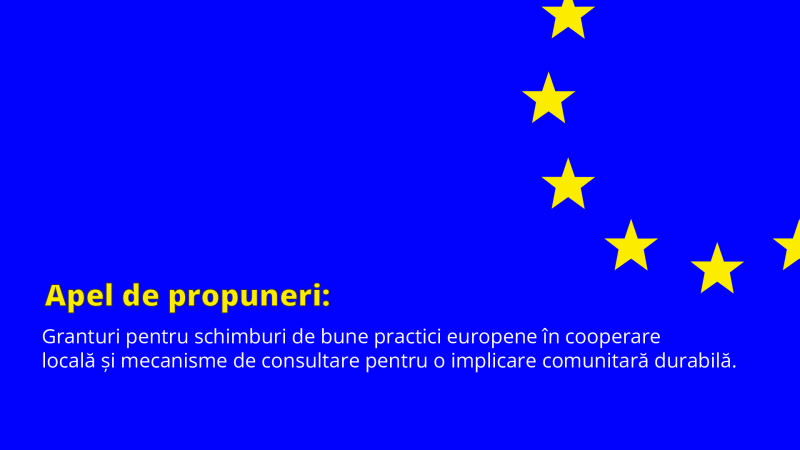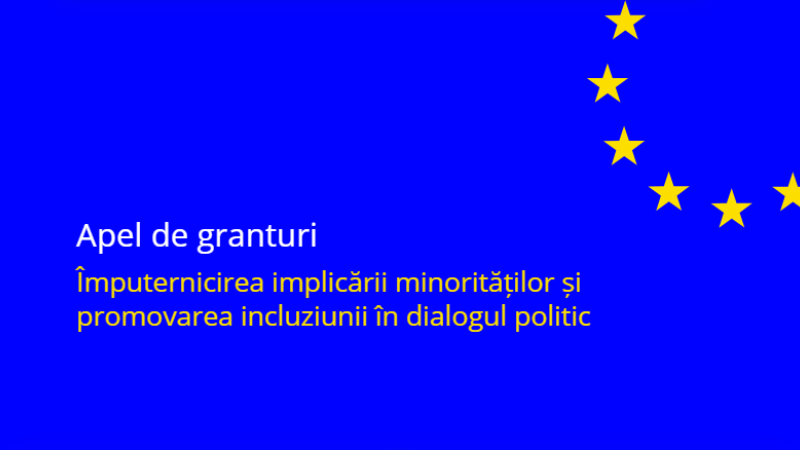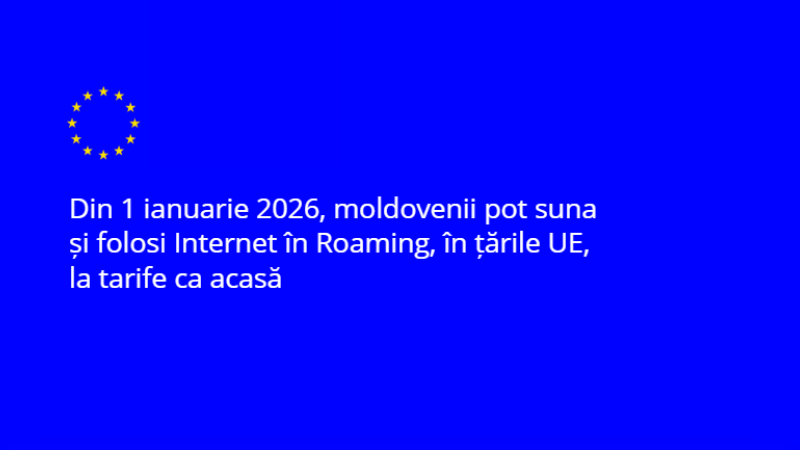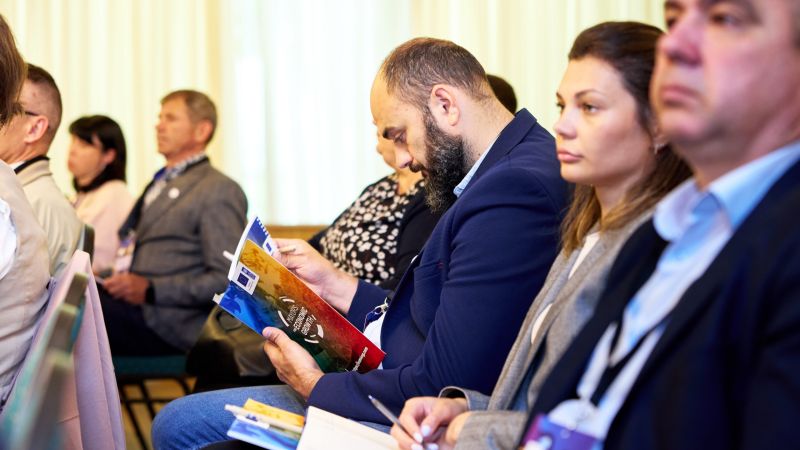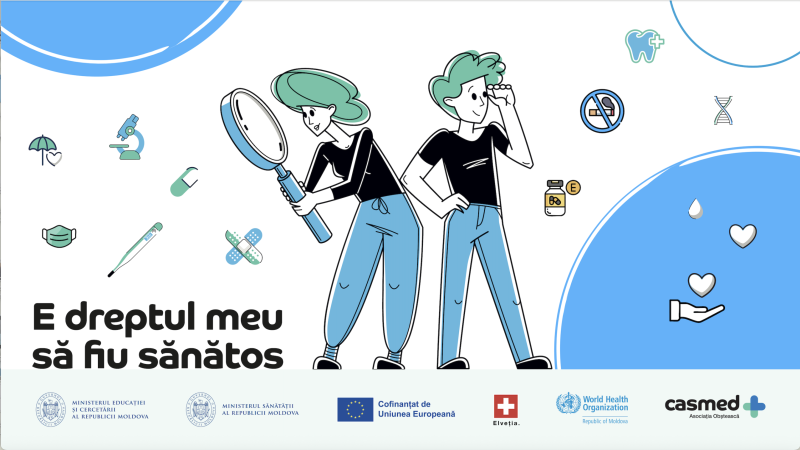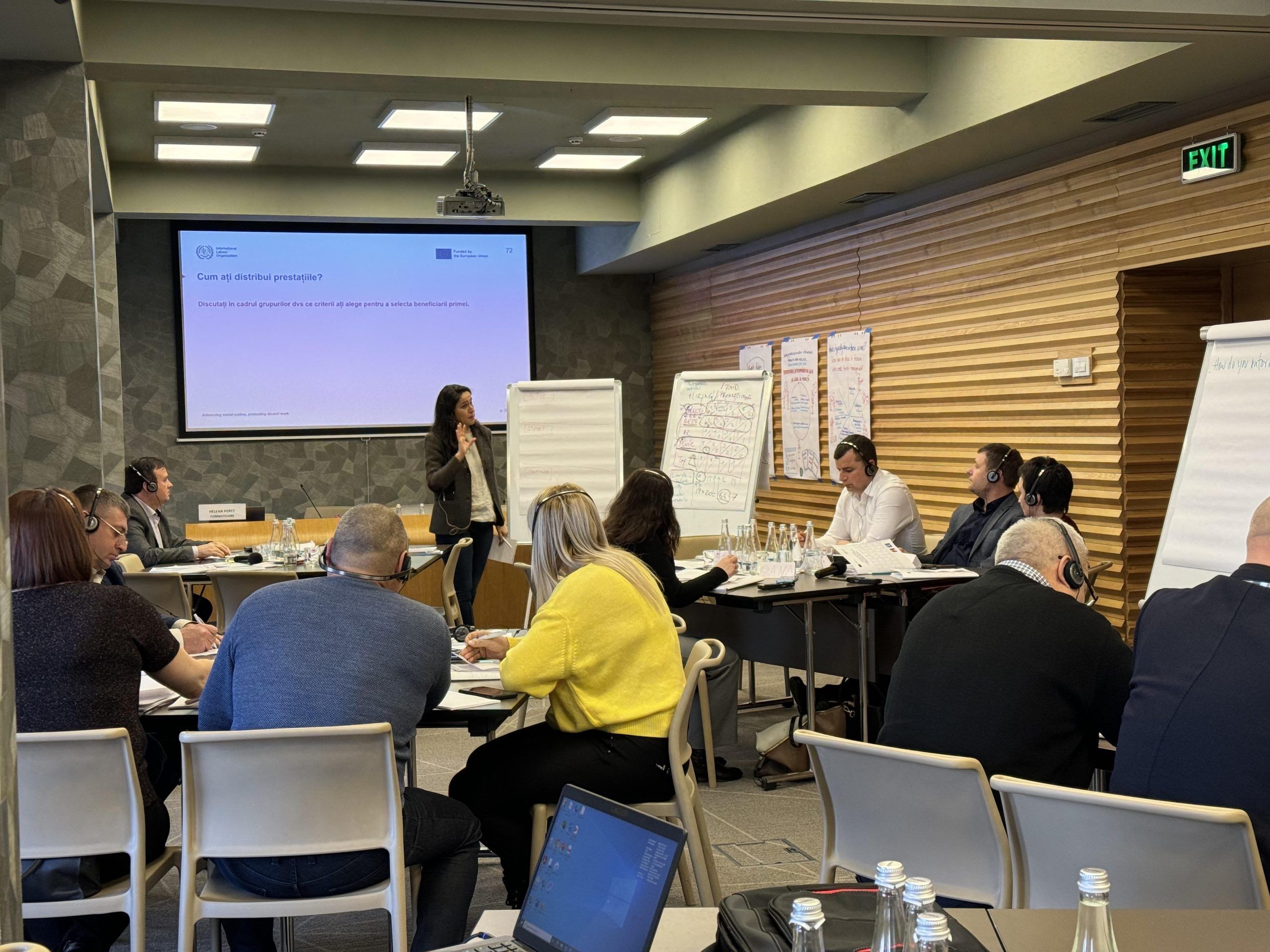
Mediu de lucru mai incluziv pentru femei și bărbați
Peste 25 de reprezentanți ai Inspectoratului de Stat al Muncii (ISM), ai Confederației Naționale a Sindicatelor din Moldova și ai Confederației Naționale a Patronatelor din Moldova au participat la trainingul „Identificarea discriminării pe bază de gen la locul de muncă”. Scopul său este de a îmbunătăți cunoștințele și abilitățile în prevenirea și identificarea discriminării în bază de gen la locul de muncă.
La ceremonia de deschidere a evenimentului au fost prezenți reprezentanți ai instituțiilor statului angajați să creeze o piață a muncii corectă, care să ofere șanse egale pentru toți angajații. Corina Ajder, Secretară de Stat la Ministerul Muncii și Protecției Sociale, a reafirmat angajamentul asumat de autorități în acest sens:
„În Republica Moldova, rata de participare în forța de muncă a femeilor este mai mică de 40%. Acesta este un indicator scăzut în comparație cu cel al Uniunii Europene, unde rata este aproape de 70%. Din cauza stereotipurilor, femeile sunt supuse unui tratament suspect când aplică pentru locuri de muncă, iar diferența salarială între sexe este de aproximativ 16% în țara noastră. Inspectorii de muncă joacă un rol foarte important în protejarea angajaților și asigurarea condițiilor de muncă decente a condițiilor egale pentru toți. În Republica Moldova, lucrurile pot fi schimbate, iar Ministerul Muncii trebuie să joace un rol crucial în acest sens.”.
Această acțiune face parte dintr-o serie de activități de formare instituțională a inspectorilor de muncă desfășurate în cadrul proiectului „Suportul UE pentru o piață a muncii mai incluzivă în Republica Moldova”, implementat de Organizația Internațională a Muncii (ILO) cu sprijin financiar din partea Uniunii Europene.
„Vreau să menționez că, pe parcursul drumului său spre integrarea în Uniunea Europeană, Republica Moldova și-a asumat angajamente multiple, inclusiv combaterea muncii nedeclarate, a muncii copiilor, a exploatării prin muncă, precum și a altor aspecte precum asigurarea egalității de șanse, egalitatea de gen la locul de muncă, și nu numai. Uniunea Europeană finanțează diverse proiecte care vizează promovarea egalității de șanse și egalității de gen. Consider că, în contextul actual, trebuie să ne unim forțele pentru a conștientiza această problemă și a promova bunele practici ale Uniunii Europene la nivel local”, a declarat Aurica Butnari, reprezentant al Delegației Uniunii Europene în Republica Moldova.
Scopul instruirii a fost de a dezvolta noi practici și de a oferi noi instrumente inspectorilor de muncă pentru a completa sprijinul necesar în cazurile de discriminare bazată pe gen la locul de muncă. Importanța acestei activități a fost subliniată și de Coordonatorul Național al Organizației Internaționale a Muncii în Republica Moldova, Ala Lipciu:
„Egalitatea de gen și non-discriminarea sunt principii fundamentale, care stau la baza activității Organizației Internaționale a Muncii încă de la înființare. Aceste principii sunt, de asemenea, componente integrale ale Programului de Muncă Decentă pentru Republica Moldova (2021-2024) al ILO, care își propune să îmbunătățească accesul la un loc de muncă decent și productiv pentru femei și bărbați, drepturi mai bune la locul de muncă, sisteme de protecție socială mai puternice și dialog social consolidat. Din păcate, stereotipurile de gen, legate de rolul femeilor în societatea noastră, continuă să prevaleze în Republica Moldova, dar și în afara ei. Înțelegerea complexității acestui fenomen pe piața muncii ajută la identificarea și prevenirea acestuia.”
În timpul instruirii, participanții au abordat subiecte precum înțelegerea modului în care stereotipurile afectează deciziile, înțelegerea diferenței dintre discriminarea directă și indirectă, modul de identificare a discriminării salariale, discriminarea în promovare sau avansare, precum și instrumente utile pentru inspectorii de muncă pentru a efectua vizite de inspecție, a evalua, identifica și analiza practicile discriminatorii bazate pe gen care pot apărea în companiile pe care le auditează.
Trainingul s-a desfășurat în perioada 20-22 februarie.
